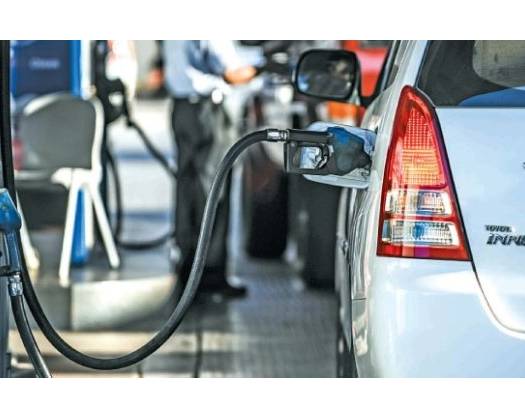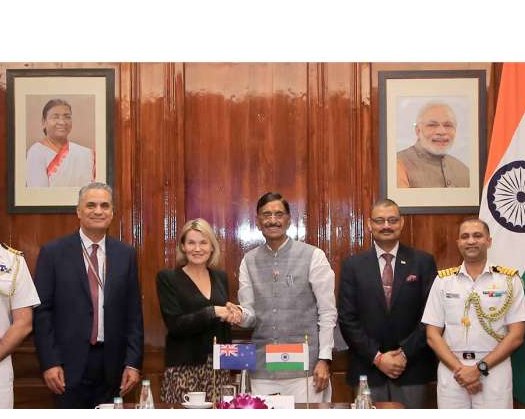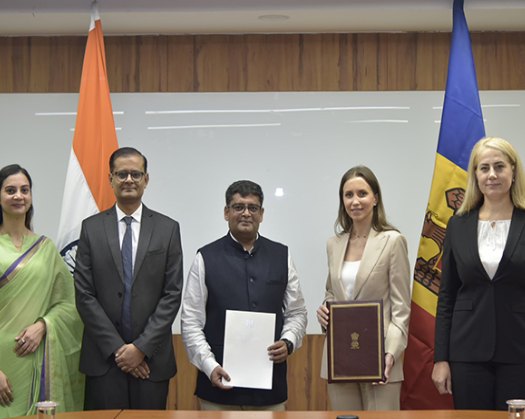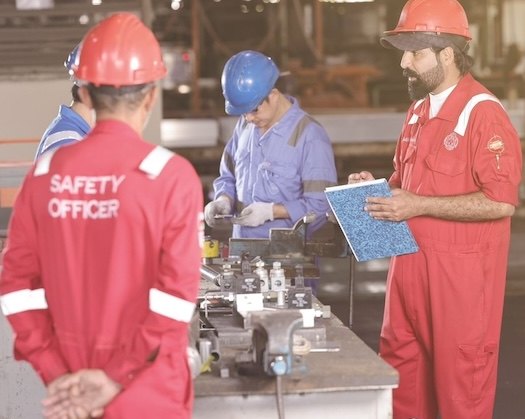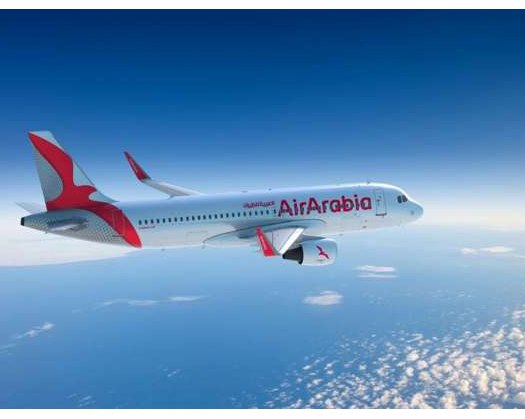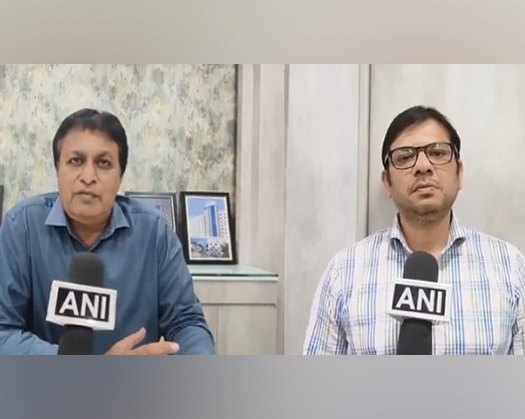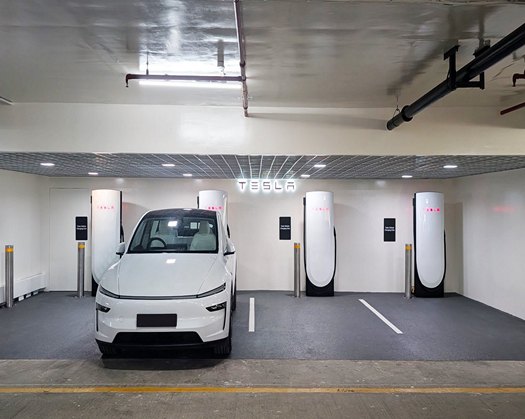Muscat: Ministerial Decision by the Ministry of Commerce, Industry, and Investment Promotion. No. ( /2025) in relation to the regulatory structure that regulates the standards and criteria for granting licenses to build and run gasoline refueling stations.
According to the ruling, all involved parties must fix their situation within a year of the regulation taking effect.
It also highlights that, in accordance with the regulations' requirements, a license is required to engage in the business of building and running gasoline filling stations.
Additionally, the judgment forbids the sale of fuel anywhere other than the specified location, with the exception of mobile fuel stations.
Before putting them up for public bidding, the Ministry stated that it is working with the appropriate authorities to locate sites that will be designated for the construction of integrated fuel stations under usufruct arrangements, subject to the fulfillment of all stated requirements and processes.
Additionally, the Ministry is in charge of overseeing and monitoring the operations of licenced marketing firms to make sure they abide by the legislation's requirements, find infractions, and take the required corrective measures.
Fuel station establishment requirements.
If the road is not a dual carriageway, the choice mandates that the distance between any planned fuel filling station and an existing, under-construction, or authorized station must not be less than five kilometers, regardless of whether it is in the same or opposite direction. This regulation applies to all governorates and wilayats of the Sultanate of Oman. The Wilayats of Salalah and Sohar, as well as the Governorate of Muscat, are exceptions. In addition to meeting security, technical, and planning criteria, a feasibility assessment is necessary.
In addition, the choice mandates that the distance between two integrated fuel stations in the same direction must be at least 50 kilometers. The committee may, however, make exceptions to this rule if economic and technical factors warrant it.
According to the legislation, the suggested location has to be designated for commercial, mixed-use residential commercial, tourism, or industrial uses and be backed by a title deed, lease agreement, or usufruct right. The prohibition applies to fuel stations that are elevated, floating, or mobile. The conclusion additionally supports the notion that the Ministry only permits the construction of an integrated fuel station under a usufruct arrangement in certain specified areas.
Fuel stations for business use.
The legislation mandates that the site area for a commercial fuel station must be at least 3,000 square meters, not counting any current stations. Information such as the kind of fuel, the number of specified vehicles and equipment, and the proximity to the closest current station are required in licensing applications for private fuel stations. Furthermore, applicants must provide a copy of the project agreement or, if there is no public or private project, give valid reasons for it.
The regulation mandates that marine fuel stations submit a feasibility analysis as well as proof that the site has been designated for fishing ports by the Ministry of Agricultural, Fisheries and Water Resources or for commercial ports by the Ministry of Transport, Communications and Information Technology.
Additionally, a feasibility study is necessary for fuel stations located above ground. The location must be in an industrial area and be designed for industrial or commercial use. Furthermore, all fuel transport containers—tanks, barrels, or specific packaging—must adhere to industry standards.
The legislation mandates that a feasibility study be submitted and that the Civil Defence and Ambulance Authority grant permission for mobile fuel stations.
The Ministry made it clear that anybody seeking to build and run a petrol station must first apply to the licensed fuel marketing firm and make sure that all stated requirements are satisfied. The marketing business assesses the suggested location and, if the project is deemed financially feasible, submits the request to the appropriate division. The application is registered by this department, which also provides a preliminary approval form that is valid for six months, during which time all required clearances must be obtained. The application is terminated if this time range or any extension period runs out without completion.
Payment of the necessary cost will result in the issuance of a provisional one-year permit allowing building to begin. The license is revoked if the work is not finished in that time, and the application cannot be reviewed again for two years.
terms and conditions.
The licensed firm must notify the appropriate agency and provide a final approval certificate from the Civil Defence and Ambulance Authority once the station's facilities have been completed.
The license will then be issued within 30 days and will be valid for three years; it may be renewed under the same terms and conditions.
If their requests are denied, the law permits applicants to submit a complaint to the Minister within 30 days of receiving notice. Failure to respond within this time frame is deemed a rejection of the complaint.
The Ministry made it clear that the license cannot be waived without its explicit written consent. Furthermore, a formal clearance document or a final court ruling is necessary in order to modify the name of the marketing firm.
The Ministry has formed a specialized committee, led by the Ministry itself and made up of members from the Royal Oman Police, the Ministry of Energy and Minerals, and the Ministry of Housing and Urban Planning. This committee is in charge of evaluating license applications that fall short of the minimum distance requirement. Applicants have the right to submit a complaint to the Minister if their application is denied, and the committee is required to make a decision within 30 days.
Licensed marketing firms and operators are also subject to a number of duties under the legislation. These include maintaining a 24/7 security monitoring system, adhering to approved technical standards, registering submitted applications, assessing suggested locations, making sure that safety procedures are implemented in collaboration with the Royal Oman Police, and offering vital services and electric car charging infrastructure. Businesses must additionally guarantee employee training and provide regulators with access to inspections.
The Ministry made it clear that fuel may only be sold for use in fuel tanks for cars, machinery, and boats. Refilling into tanks or barrels that hold more than 100 liters per car each day is not permitted. Every one of these transactions must be documented, and the appropriate office must receive monthly reports.
Administrative fines.
A written warning, a monetary fine ranging from OMR1,000 to OMR3,000, and the possibility of license suspension or revocation are all administrative penalties specified in the regulation. The penalty may be doubled in the event of repeated infractions.
After their license has expired, individuals who continue to operate are subject to a monthly penalty of OMR500. Furthermore, a marketing firm that waits too long to pay the yearly charge is subject to an OMR5,000 punishment.
If the activity is not performed for six months without a legitimate reason, or if misleading information is given, the license will be revoked.
Within sixty days after being informed or becoming aware of a penalty decision, any party who is subject to it has the right to file a complaint with the Minister. If there is no response in 30 days, the complaint will be deemed to have been rejected.
Making the business climate better.
One of the crucial measures the Ministry has implemented to regulate the sector and enhance the business climate is the revision of the regulatory framework that governs the criteria and requirements for issuing licenses to create fuel filling stations.
The main goal of this update is to create a complete regulatory framework that specifies the terms and conditions for the establishment and operation of all kinds of fuel filling stations. This comprises stations that sell gasoline and diesel fuel, as well as those that sell alternative fuels like natural gas or hydrogen.
The Ministry regularly monitors these circumstances to make sure they comply with contemporary technological norms, such as environmental and safety regulations, in order to offer the greatest level of protection for both citizens and station employees.
Improving institutional integration.
To guarantee the regulations are implemented successfully, the revised legislation also seeks to improve collaboration between important parties like the Civil Defence Authority, the Environment Authority, and the Ambulance Authority. By establishing a regulatory environment that promotes the growth of fuel stations and provides investors with well-considered opportunities within a fair legal framework that ensures competitiveness, the Ministry hopes to foster investment in this essential industry.
Improving the quality of services offered at gas stations is one of the main objectives of these upgrades. This covers the inclusion of convenient facilities such as ATMs, maintenance facilities, restaurants, mosques, and specialized services for individuals with disabilities. The new legislation will also mandate licensing standards, with precise requirements for station size, geographic location, and the scope of services offered.
Safety and technical standards.
In addition to maintaining public safety standards and protecting the environment, the regulation will also include rigorous technical and safety standards. To ensure compliance with global norms in this area, these standards will be developed in collaboration with appropriate organizations like the Civil Defence Authority and the Environment Authority. Moreover, the law will encourage the use of cutting-edge technologies at petrol stations, such as hydrogen refueling stations and electric car charging facilities. Additionally, it will highlight the usage of solar energy as a component of sustainable energy options for electricity production at gas stations.
Additionally, the rule will contribute to better market organization by awarding fuel station sites under usufruct agreements using transparent and accurate criteria, such as organizing bidding procedures to choose the best sites. The goal of this action is to encourage investment opportunities and create a positive climate for investors in the industry, whether they be domestic or foreign.
These changes will include a transitional period that gives current station owners enough time to adapt their operations to the new regulations, guaranteeing business continuity and a seamless transition to the updated standards. The Ministry will also assist existing stations in making the transition in accordance with the new safety and quality criteria.

